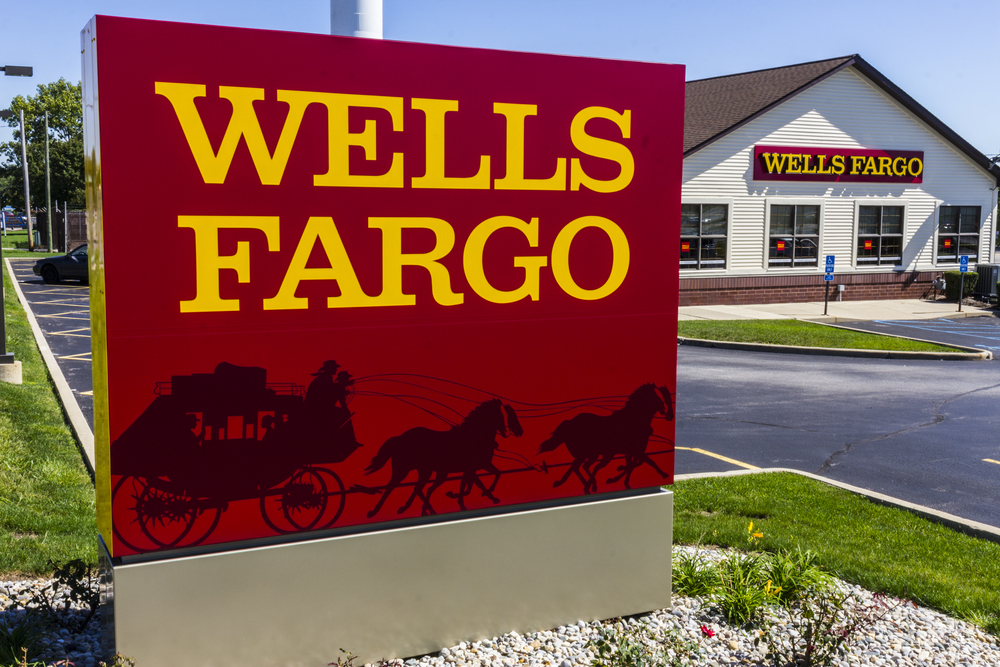BROWSE BY TOPIC
- Bad Brokers
- Compliance Concepts
- Investor Protection
- Investments - Unsuitable
- Investments - Strategies
- Investments - Private
- Features/Scandals
- Companies
- Technology/Internet
- Rules & Regulations
- Crimes
- Investments
- Bad Advisors
- Boiler Rooms
- Hirings/Transitions
- Terminations/Cost Cutting
- Regulators
- Wall Street News
- General News
- Donald Trump & Co.
- Lawsuits/Arbitrations
- Regulatory Sanctions
- Big Banks
- People
TRENDING TAGS
Stories of Interest
- Sarah ten Siethoff is New Associate Director of SEC Investment Management Rulemaking Office
- Catherine Keating Appointed CEO of BNY Mellon Wealth Management
- Credit Suisse to Pay $47Mn to Resolve DOJ Asia Probe
- SEC Chair Clayton Goes 'Hat in Hand' Before Congress on 2019 Budget Request
- SEC's Opening Remarks to the Elder Justice Coordinating Council
- Massachusetts Jury Convicts CA Attorney of Securities Fraud
- Deutsche Bank Says 3 Senior Investment Bankers to Leave Firm
- World’s Biggest Hedge Fund Reportedly ‘Bearish On Financial Assets’
- SEC Fines Constant Contact, Popular Email Marketer, for Overstating Subscriber Numbers
- SocGen Agrees to Pay $1.3 Billion to End Libya, Libor Probes
- Cryptocurrency Exchange Bitfinex Briefly Halts Trading After Cyber Attack
- SEC Names Valerie Szczepanik Senior Advisor for Digital Assets and Innovation
- SEC Modernizes Delivery of Fund Reports, Seeks Public Feedback on Improving Fund Disclosure
- NYSE Says SEC Plan to Limit Exchange Rebates Would Hurt Investors
- Deutsche Bank faces another challenge with Fed stress test
- Former JPMorgan Broker Files racial discrimination suit against company
- $3.3Mn Winning Bid for Lunch with Warren Buffett
- Julie Erhardt is SEC's New Acting Chief Risk Officer
- Chyhe Becker is SEC's New Acting Chief Economist, Acting Director of Economic and Risk Analysis Division
- Getting a Handle on Virtual Currencies - FINRA
ABOUT FINANCIALISH
We seek to provide information, insights and direction that may enable the Financial Community to effectively and efficiently operate in a regulatory risk-free environment by curating content from all over the web.
Stay Informed with the latest fanancialish news.
SUBSCRIBE FOR
NEWSLETTERS & ALERTS
WELLS' $50Mn Mortgage Settlement: Banks Now the Enemy in Default Cases
While BloombergView’s Matt Levine lays out in pretty simple terms what Wells Fargo did wrong in its mortgage lending [see our 'Stories of Interest' for 11/1], he also describes a fundamental change that’s taken place since 2008. Let’s have a read:
Wells Fargo & Co has agreed to pay $50 million to settle a racketeering lawsuit accusing it of overcharging hundreds of thousands of homeowners for appraisals ordered after they defaulted on their mortgage loans," and I guess the trick is to get all of your awful-sounding settlements done in a relatively short window, so that people are still mad at you for the fake accounts and forget to get mad at you for the appraisal gouging.
The claim here is pretty simple: Mortgage agreements allow banks to charge homeowners for the appraisals if they default on their mortgage loans, but Wells Fargo added large mark-ups to the amounts its third-party vendors charged, the 2012 lawsuit said.
There is a long unspoken tradition in finance of thinking that if someone defaults on you, all bets are off. It is your right, even your duty, to gouge him everywhere you can, because he has broken the contract and put your money at risk. You should feel free to turn his default into a profit opportunity for you. You see this in Wells Fargo's appraisal markups, or in the Royal Bank of Scotland's controversial Global Restructuring Group, or even in JPMorgan and Citigroup's gleeful profiteering in the Lehman Brothers bankruptcy.
It's easy to see why. For one thing, you really are mad! You loaned him money in good faith, he didn't pay you back, and now you have to go to all the trouble and expense and worry of trying to get paid. Of course you want compensation for that worry. For another thing, he is not a particularly sympathetic character: He has broken his word, and no one is likely to take his side against you. He's a defaulter, a deadbeat, a failure, the enemy.
One big thing that has changed in banking since 2008 is that people no longer think that defaulters are the enemy. They think that banks are the enemy. This will have continuing awkward implications.
[Click here Wells Fargo $50M Mortgage Lawsuit for settlement details.]





